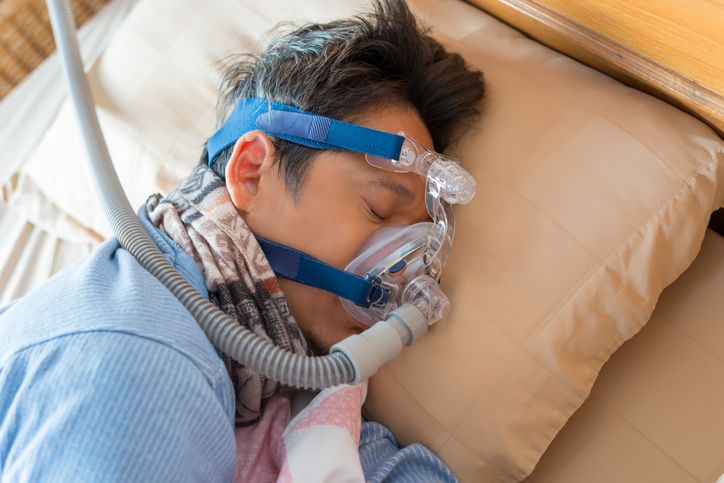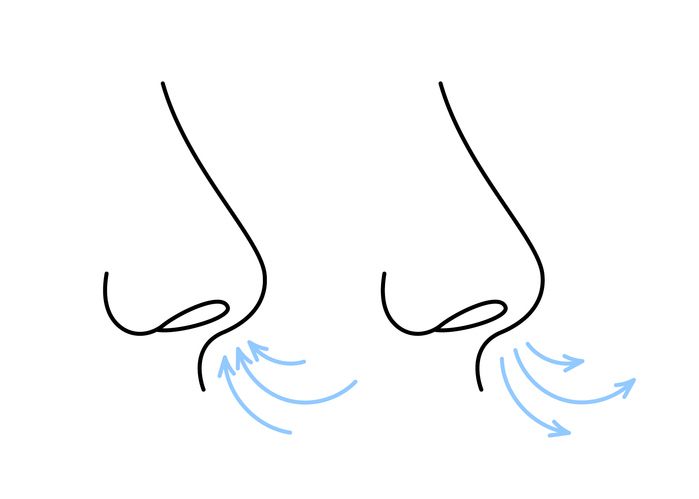- Home
- Trend
- Weight Loss Strategies
- Acne Tips
- Hair Health Information
- Blemish Removal Tips
- Acne Scar Removal Tips
- Muscle Building Techniques
- Intimate Care Tips
- Postpartum Intimate Care
- Eye Bags Wiki
- Tips for Face Slimming
- Secret of Permanent Hair Removal
- Breast Enlargement Tips
- Cure to Snoring
- Marionette Lines
- Skin-Tightening Secrets

免費體驗
Fotona 4D NightLase Snoring Treatment
1 Minute Self-Registration
Date should not be before minimal date
Snoring is a common nighttime annoyance that affects not just the snorer but also their sleeping partners. However, snoring can also be a sign of underlying health issues like obstructive sleep apnea (OSA), making it essential to find effective solutions. In this comprehensive guide, we'll explore proven strategies to cure snoring and improve sleep quality for your peaceful night's rest.
1
How Do We Start Snoring?

2
Factors Contributing to Snoring

- Snores a Lot? Discover Effective Remedies for Quieter Nights
- Goodbye To Nasal Congestion! Guide To Deviated Nasal Septum Causes, Symptoms & Treatment
- Acupressure for Nasal Congestion: Clear Your Nose Instantly with TCM! No More Sleepless Nights or Brain Fog
- Can Sleep Apnea Be Cured? Learn What It Is Before You Fix It
3
What Can Happen if Snoring is Left Untreated?

Cardiovascular Issues
Daytime Fatigue and Impaired Functioning
Mental Health Effects
Relationship Strain
4
Medical Interventions to Stop Snoring

1. Sleep Disorders Centre
2. Continuous Positive Airway Pressure(CPAP)
3. Oral Appliances
4. Fotona 4D NightLase Snoring Treatment
5. Palatal Surgery Abnormal Structures

免費體驗
Fotona 4D NightLase Snoring Treatment
1 Minute Self-Registration
Date should not be before minimal date
5
Alternative Therapies to Treat Snoring for Less Serious Cases

Nasal Breathing Exercises
Nasal Strips and Nasal Dilators
Lifestyle Adjustments for Improved Sleep Quality
6
Closing Thoughts


免費體驗
Fotona 4D NightLase Snoring Treatment
1 Minute Self-Registration
Date should not be before minimal date
FAQ

1. What role does sleep medicine play in diagnosing and treating sleep disorders like sleep apnea?
Sleep medicine specialists play a crucial role in diagnosing and treating sleep disorders such as sleep apnea. They utilise various diagnostic tools and treatments, including continuous positive airway pressure (CPAP) therapy, oral appliances, and lifestyle modifications, to manage sleep apnea and improve sleep quality for patients.
2. What does endoscopic upper airway evaluation do?
An endoscopic upper airway evaluation involves using an endoscope, which is a thin, flexible tube with a camera and light attached to it, to examine the structures of the upper airway. This procedure allows doctors to visualise the nasal passages, throat, and related structures in detail. For snoring, an endoscopic upper airway evaluation can help identify anatomical issues or abnormalities that contribute to snoring. It provides a direct view of the airway, allowing doctors to assess the size of the soft palate, tonsils, uvula, and other structures that may be causing airway obstruction and leading to snoring.
3. What are the considerations before undergoing sleep apnea surgery to address upper airway obstruction?
Before undergoing sleep apnea surgery to address upper airway obstruction, it's essential to consider factors such as the severity of the obstruction, potential risks and benefits of the surgical procedure, recovery time, and alternative treatments. Consulting with a sleep medicine specialist or an otolaryngologist (ENT doctor) can provide valuable insights and guidance on the most suitable treatment approach.
4. How does dental sleep medicine contribute to managing loud snoring and related sleep issues?
Dental sleep medicine plays a significant role in managing loud snoring and related sleep issues by providing custom-fitted oral appliances that reposition the jaw or tongue to prevent airway obstruction during sleep. These oral appliances are designed to improve airflow and reduce snoring, leading to better sleep quality and overall well-being for individuals with sleep-disordered breathing conditions.
5. What impact does quitting smoking have on upper airway muscles and sleep position, especially for individuals with deviated nasal septum?
Quitting smoking can have a positive impact on upper airway muscles and sleep position, especially for individuals with a deviated nasal septum. Smoking irritates the respiratory tract and can lead to inflammation and congestion, which can worsen upper airway obstruction and snoring. By quitting smoking, individuals can improve respiratory health, reduce inflammation in the airways.








